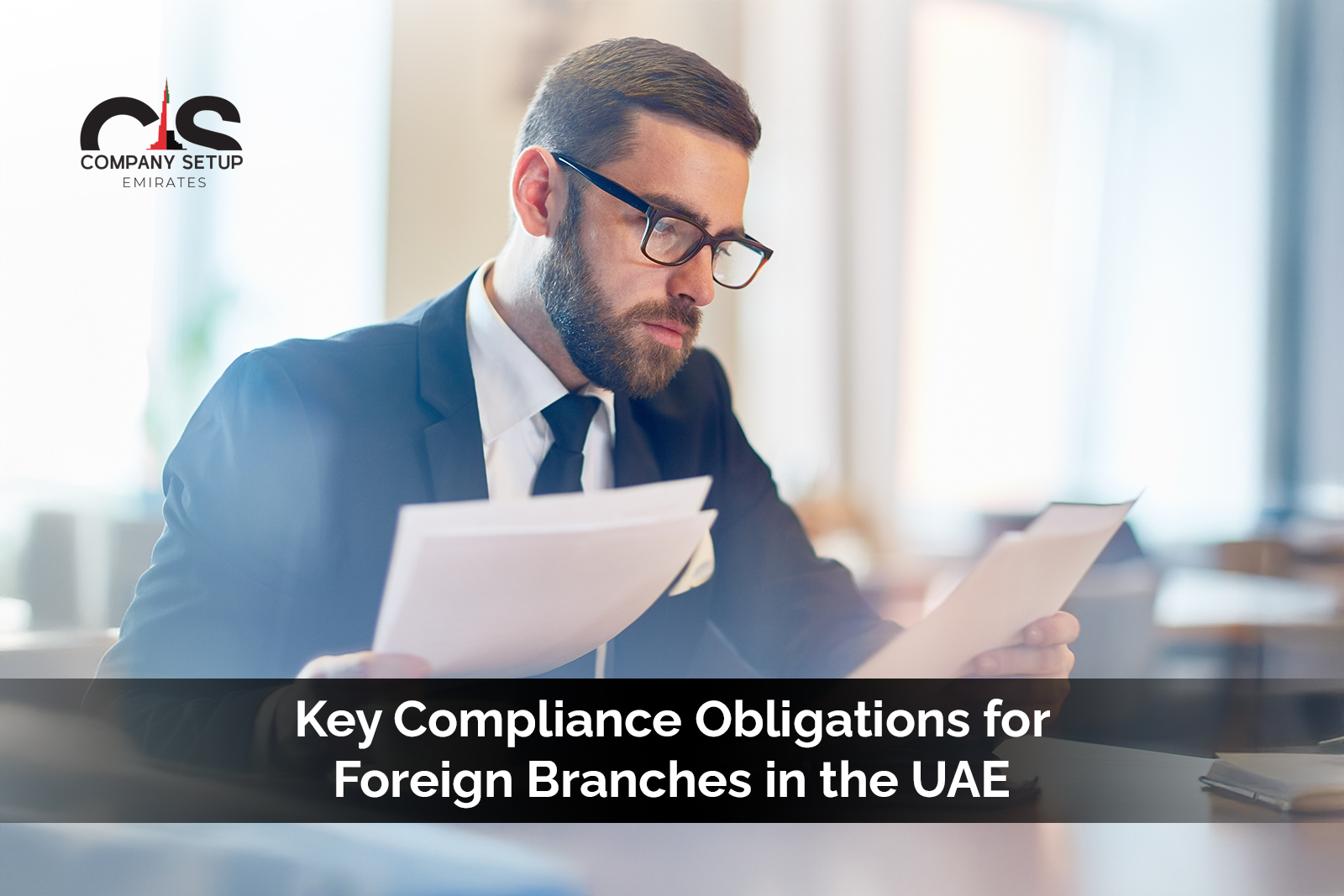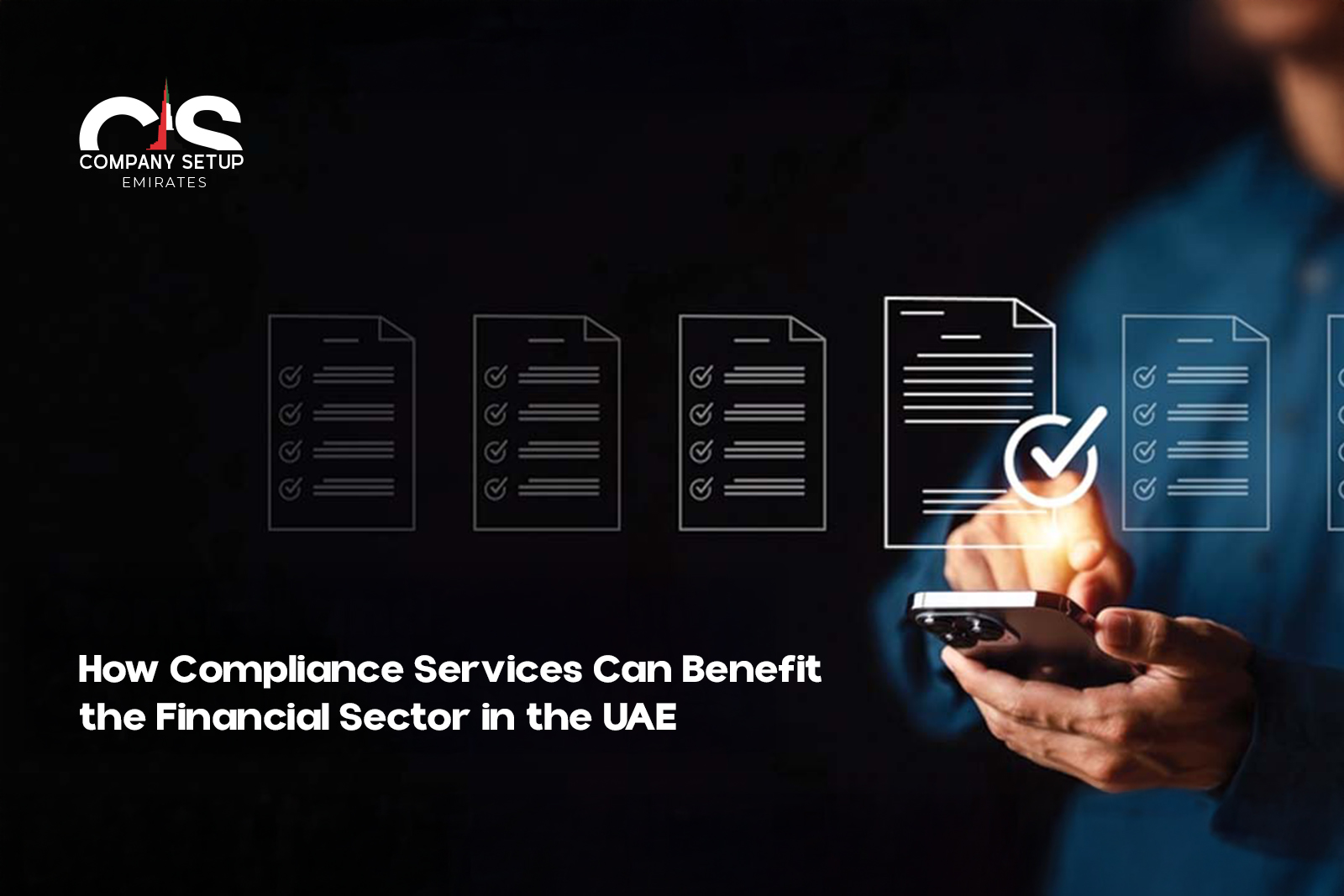Opening a Business in Dubai is often seen as an exciting opportunity for entrepreneurs. With its booming economy and strategic location, it’s easy to see why so many individuals want to set up shop in this global business hub. However, while there are clear advantages, there are some things you may not be aware of when considering setting up your business in this vibrant city. Let’s explore five important factors you should keep in mind before you take the dive.

5 Things to Know Before Opening a Business in Dubai
1. The Complexities of the Licensing Process
One of the first things that entrepreneurs may not expect when opening a business in the UAE is the complexity of the licensing process. While Dubai is known for its business-friendly policies, the process can still be challenging for those who are unfamiliar with the regulations.
There are different types of licenses depending on the nature of your business: commercial, industrial, and professional. Additionally, you may need a special permit for certain activities, which can require navigating multiple government departments. This could take time, and in some cases, you might have to hire a local sponsor if you are a foreigner seeking to open a mainland business.
2. Understanding the Costs and Hidden Fees
When planning to establish a business, you’ll likely focus on the major expenses—office space, employees, and permits. However, opening a business in Dubai comes with some hidden costs that many overlook. These could include government fees, visa costs, renewal fees, and the cost of renting property.
Moreover, some areas in Dubai have additional fees depending on the free zone you choose, so it’s crucial to research thoroughly. While there are free zones designed to offer incentives like 100% foreign ownership, you may still need to meet specific criteria, like office space requirements, that can come with a price tag.
3. The Requirement for a Local Sponsor or Partner
For foreigners wanting to open a business in Dubai, one critical requirement often comes as a surprise: the need for a local sponsor. If you’re planning to establish a mainland business, you’ll need a UAE national partner or sponsor who will hold 51% of the shares in the company.
Although the sponsor may not be actively involved in the business, this is still a mandatory requirement, which can feel limiting for entrepreneurs seeking full ownership. On the other hand, free zone businesses allow 100% foreign ownership, but they come with certain restrictions on business operations within the mainland.
4. Cultural Differences and Understanding the Local Market
consumer behaviour in Dubai can vary significantly from what you might be used to in your home country. It’s essential to adapt your marketing strategies, product offerings, and communication style to resonate with local tastes and preferences. Understanding the local market’s demands and aligning your business model accordingly will give you a significant edge.
5. The Importance of Networking and Building Relationships
In Dubai, business success often hinges on relationships. Opening a business in UAE isn’t just about having the right product or service; it’s about who you know. Networking plays a vital role in establishing and growing a business in the city. The business community in Dubai is tight-knit, and many decisions are made based on personal connections.
As a result, you’ll need to invest time in building relationships with local entrepreneurs, government officials, and other key stakeholders. Attending events, joining business associations, and leveraging social media platforms like LinkedIn are great ways to get started. Strong networks can open doors to opportunities that may otherwise be difficult to access.
Pro Tips
- Hire a local consultant: If you’re not familiar with Dubai’s business landscape, it’s worth hiring a consultant who can help you navigate the legal and regulatory processes. They can assist you in securing the necessary licenses, arranging for your local sponsor, and handling any paperwork.
- Choose the right free zone: Dubai has over 30 free zones, each catering to different industries. Research carefully to find the one that best fits your business. Some zones focus on technology, while others cater to manufacturing or trade.
- Plan for visas and permits: Visa and work permits are essential for your employees and yourself. Make sure to factor in the time and costs associated with obtaining these, as processing times can vary.
- Understand the tax structure: Dubai has no income tax for individuals, but businesses may be subject to certain taxes, especially if they are in a free zone. Research your tax obligations to avoid surprises.
- Leverage the Dubai Chamber of Commerce: This organization is an invaluable resource for businesses looking to expand in Dubai. They offer networking opportunities, and market insights, and can guide you through various legal and administrative requirements.
FAQs
1. What is the process for opening a business in Dubai?
The process involves selecting the right type of license, deciding between a mainland or free zone business, finding a local sponsor if required, registering with relevant authorities, and securing your permits and visas.
2. Do I need a local sponsor to open a business in Dubai?
Yes, for mainland businesses, a local sponsor is typically required to hold 51% of the shares. However, 100% foreign ownership is allowed in free zones.
3. What are the benefits of opening a business in UAE?
Dubai offers numerous advantages, such as no income tax, access to international markets, a robust infrastructure, and a thriving economy.
4. How much does it cost to open a business in Dubai?
Costs vary widely depending on the type of business, location, and size. You should budget for licensing fees, office space, employee visas, and other operational costs.
5.Can I operate my business outside of the free zone if I set up in one?
- Businesses set up in free zones are generally limited to operating within the free zone. To conduct business outside the zone, you would need a mainland license, which requires a local sponsor.
Conclusion
Opening a business in Dubai offers exciting opportunities, but it’s essential to be aware of the hidden complexities that come with the process. From understanding the licensing and visa requirements to navigating the cultural landscape, there’s a lot to consider before you start. By preparing for the financial costs, the legalities, and the importance of local partnerships, you can successfully establish your business in this thriving city. Use the tips provided and take the time to thoroughly research every aspect of setting up shop in Dubai. With the right approach, Dubai could be the perfect place to grow your business.






